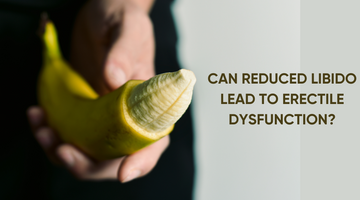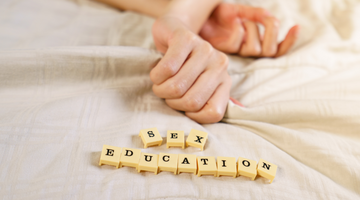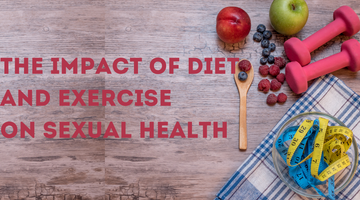
Reduced libido, also known as low sex drive, is a common sexual problem that affects many individuals, both men and women. However, in men, low libido can often lead to erectile dysfunction (ED), a condition in which a man is unable to achieve or maintain an erection during sexual activity. ED can be a frustrating and embarrassing issue, and it is important to understand the connection between reduced libido and ED in order to better address the problem.
One of the main causes of reduced libido is hormonal imbalances. Testosterone is the primary male sex hormone and is responsible for regulating sexual desire. As men age, their testosterone levels naturally decline, which can lead to decreased libido and ED. Additionally, other medical conditions such as diabetes, cardiovascular disease, and depression can also impact testosterone levels and lead to reduced libido and ED.
Stress and anxiety can also play a significant role in reduced libido and ED. Stress can interfere with sexual desire and performance, and anxiety can make it difficult to relax and become aroused. Moreover, depression can also contribute to reduced libido, as it can lead to feelings of low energy and decreased motivation.
Lifestyle factors such as diet, exercise, and alcohol consumption can also impact libido and sexual function. A diet high in processed foods and low in nutrients can interfere with hormone production and lead to reduced libido and ED. Conversely, a healthy diet rich in fruits, vegetables, and lean protein can help maintain hormone levels and improve sexual function. Similarly, regular exercise and a healthy lifestyle can improve sexual health, while excessive alcohol consumption can have a negative impact on libido and sexual performance.
Another factor that can lead to reduced libido and ED is medication side effects. Certain medications, such as antidepressants, antihistamines, and blood pressure medications, can interfere with sexual function and lead to reduced libido and ED. It is important to discuss any potential side effects of medications with a healthcare provider, as alternative medications may be available.
Finally, relationship issues can also play a role in reduced libido and ED. Communication problems, conflicts, and feelings of insecurity can all impact sexual desire and performance. Resolving relationship issues and improving communication can help improve sexual function and reduce the risk of ED.
In conclusion, reduced libido can lead to ED in several ways. Hormonal imbalances, stress, anxiety, lifestyle factors, medication side effects, and relationship issues can all contribute to decreased sexual desire and erectile dysfunction. It is important to address these underlying causes in order to effectively treat ED and improve sexual function. Seeking the guidance of a healthcare provider can help individuals better understand the connection between reduced libido and ED and develop a personalized treatment plan. Additionally, making lifestyle changes such as eating a healthy diet, exercising regularly, and reducing stress can help improve sexual function and reduce the risk of ED.




